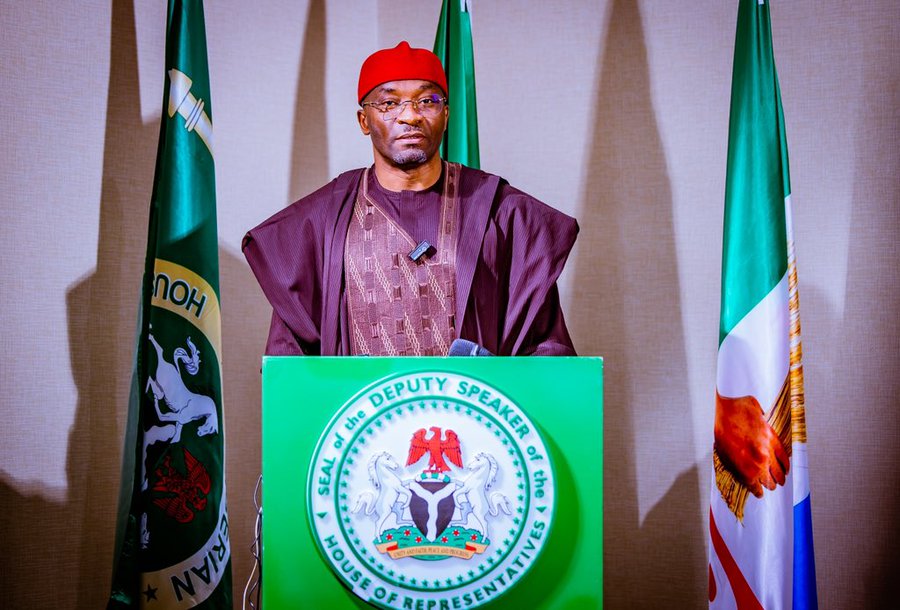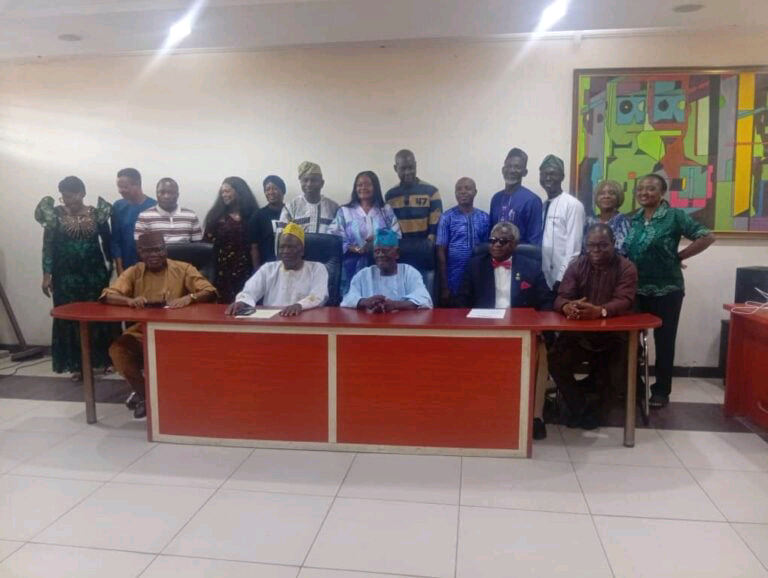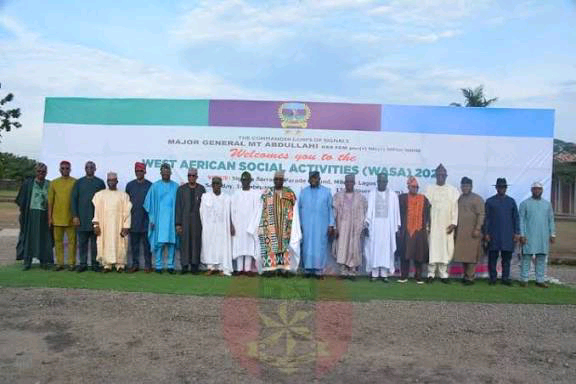Kalu Withdraws Indigenship Bill for Further Consultation As Public Concerns Mount

Deputy Speaker of the House of Representatives, Hon. Benjamin Kalu, has formally withdrawn the contentious indigene ship bill currently before the National Assembly, citing the need for broader legislative consultation and public engagement.
The decision was announced in a statement released late Tuesday by his Chief Press Secretary, Levinus Nwabughiogu. Kalu explained that the bill’s withdrawal followed mounting concerns and constructive feedback from stakeholders across the country.
The move, he said, was also influenced by a Bill Analysis Report submitted by the National Institute for Legislative and Democratic Studies, which highlighted potential legal and constitutional complications if the bill were passed in its current form.
The now-withdrawn bill sought to promote national unity, equity, and inclusiveness by ensuring that all Nigerians—regardless of their state of origin—could enjoy equal rights and privileges wherever they reside. However, the analysis from the legislative institute advised that the objective could be better achieved through tailored laws enacted by individual State Houses of Assembly.
“States should make laws that would allow settlers to benefit from the same rights and privileges enjoyed by indigenes without any form of discrimination, as rightly provided for in the Constitution,” the report stated.
It further warned that the federal legislation, while well-intentioned, might inadvertently create complications, including issues of dual or multiple indigenship claims over time.
Kalu, who also chairs the House Committee on Constitution Review, reaffirmed his dedication to an inclusive constitutional amendment process. He emphasized that the withdrawal of the bill was not a retreat from reform but a strategic step toward deeper engagement with the Nigerian people.
“As leaders and representatives, we remain committed to ensuring that every legislative proposal reflects the aspirations of the people we serve,” he said. “The Constitution Review process remains an open, inclusive, and participatory exercise, and no provision or proposal will be pursued without adequate dialogue and consensus-building.”
He encouraged citizens to continue participating in the review process, assuring that the committee would welcome ideas and criticisms as part of its mandate to build a fairer and more united nation.
The indigenship bill has sparked national conversation since its introduction, with advocates praising its inclusive vision, while critics raised concerns about its implementation and constitutional implications.
With its withdrawal, attention now shifts to how the National Assembly and state legislatures might collaborate to address the lingering questions of identity, equity, and belonging in Nigeria’s federating units.









